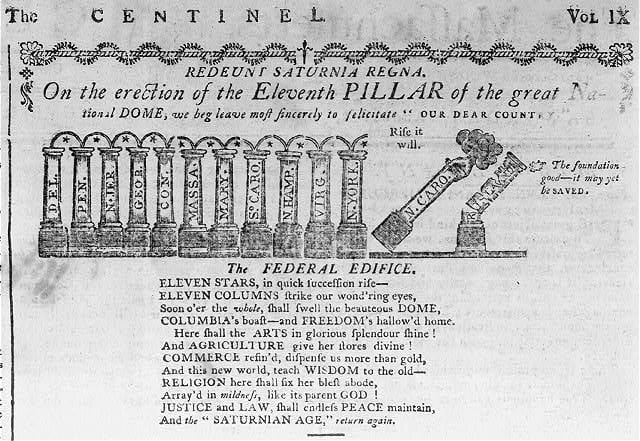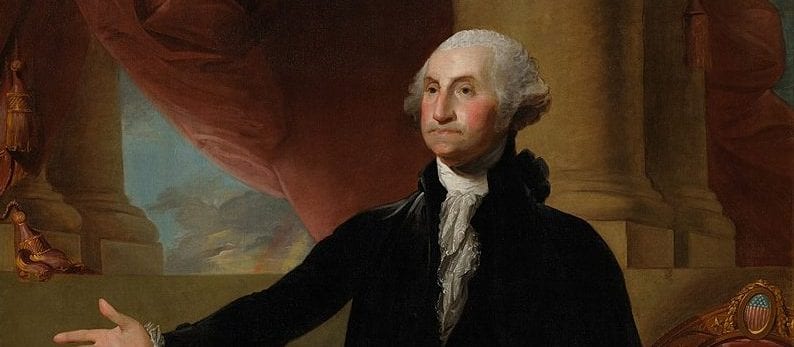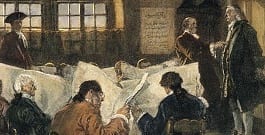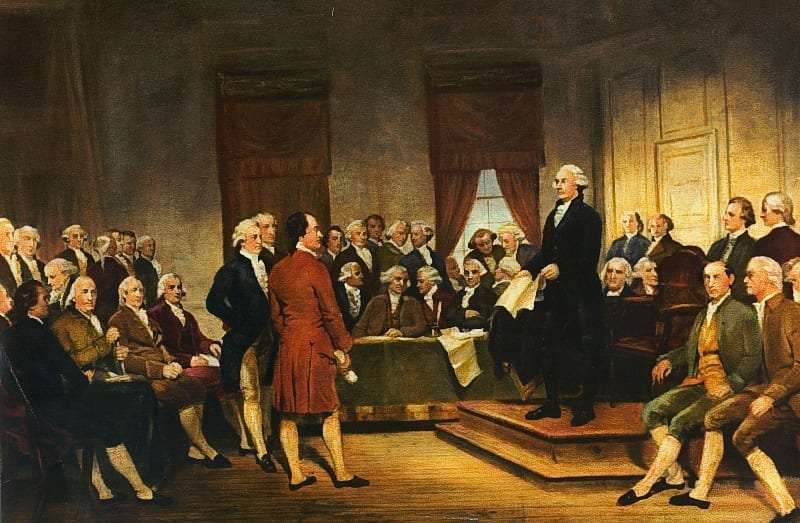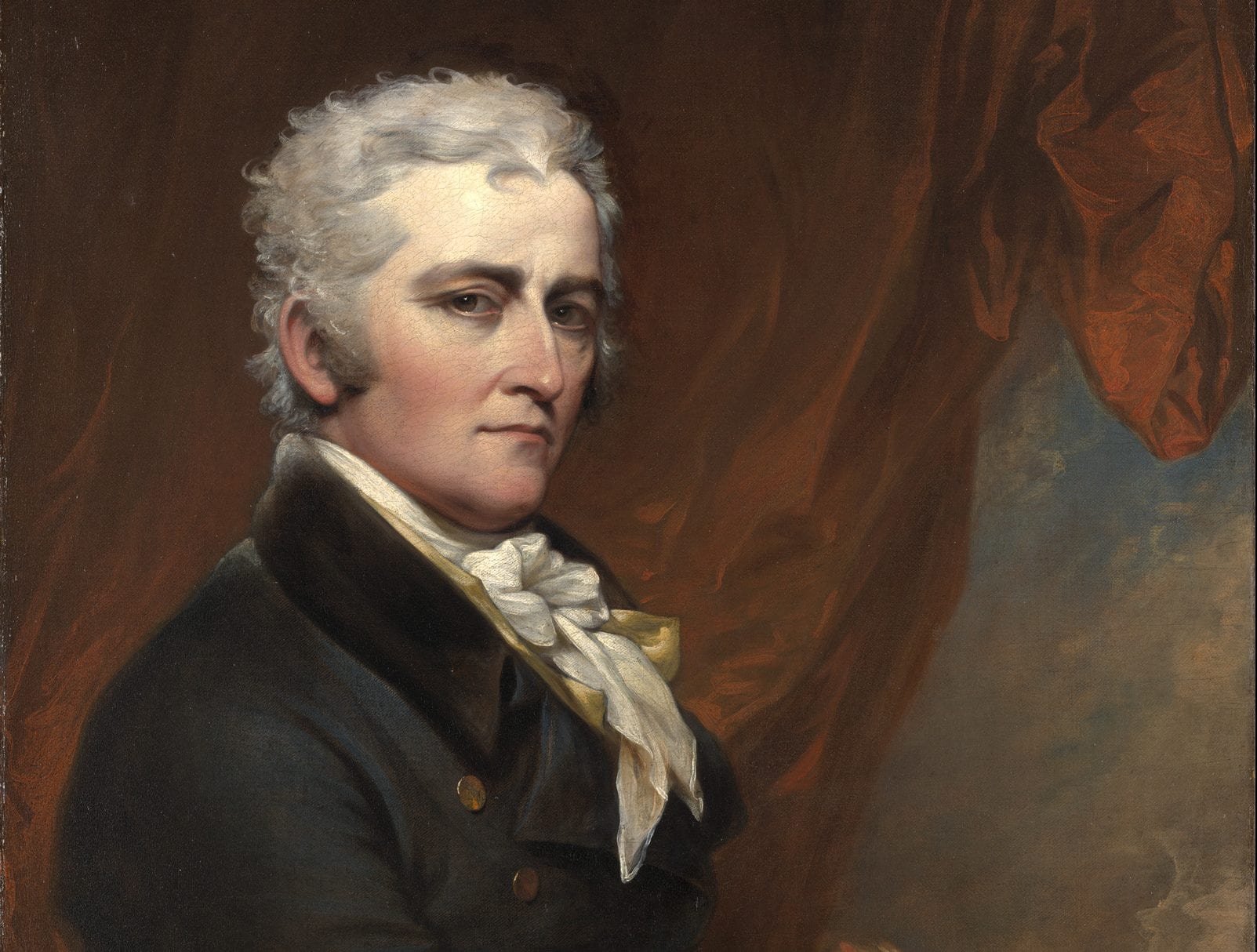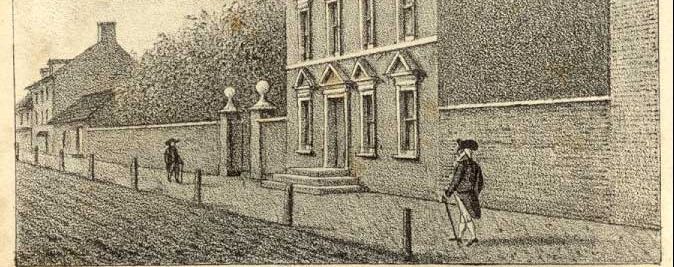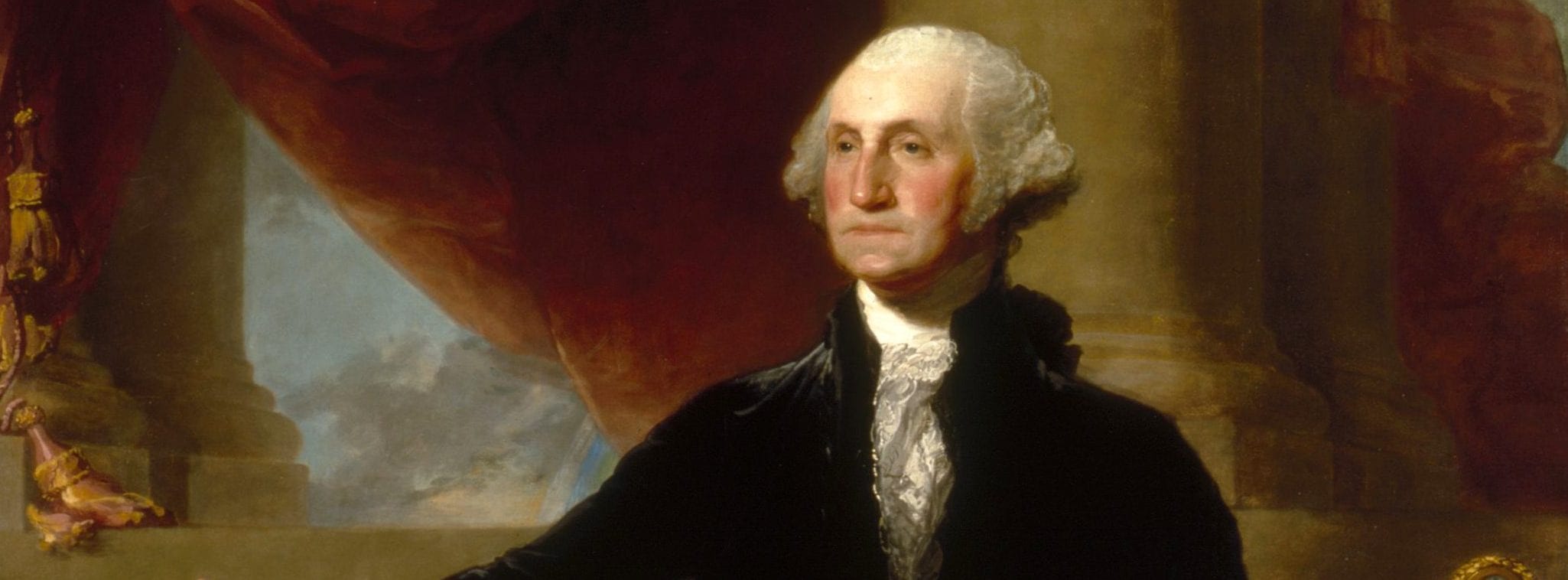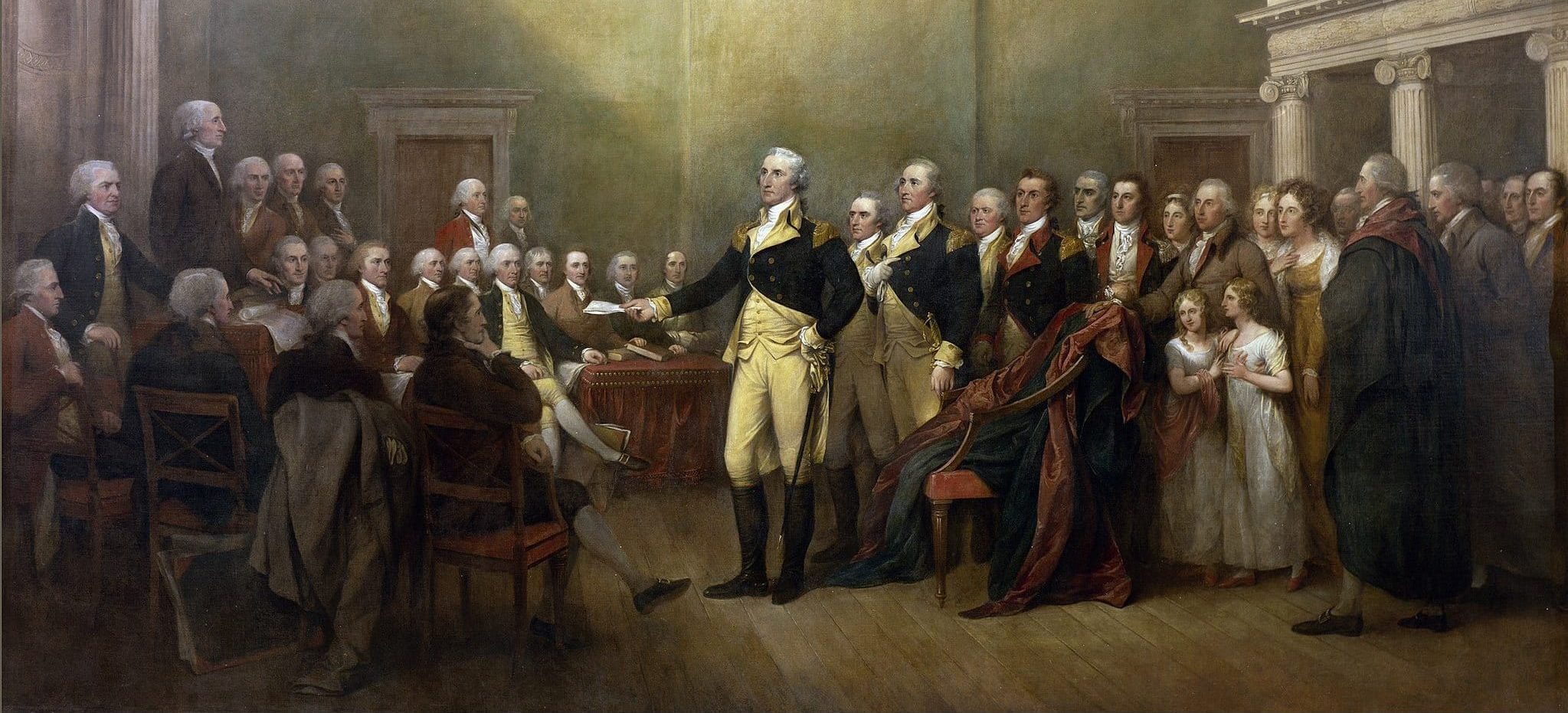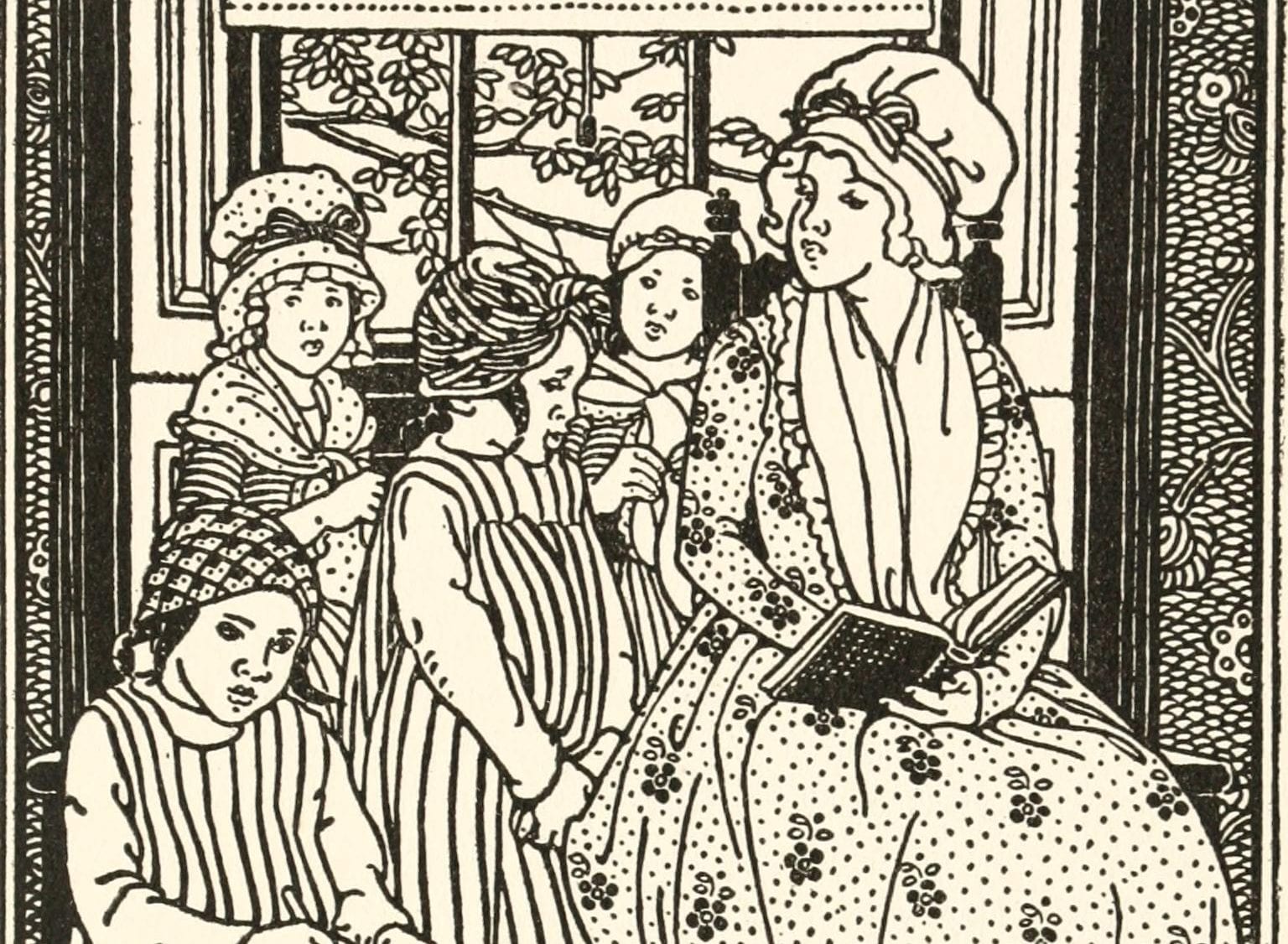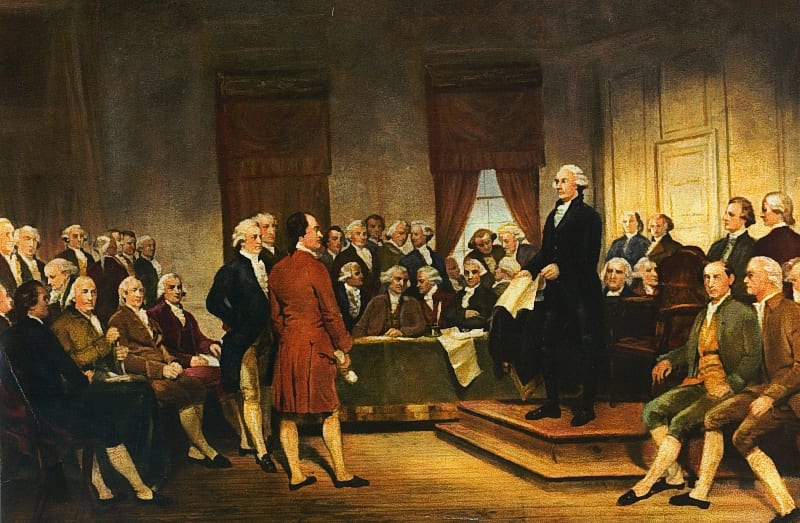New Constitution Creates a National Government, Will not Abate Foreign Influence, Dangers of Civil War and Despotism
There are but two modes by which men are connected in society, the one which operates on individuals, this always has been, and ought still to be called, national government; the other which binds States and governments together (not corporations, for there is no considerable nation on earth, despotic, monarchical, or republican, that does not contain many subordinate corporations with various constitutions) this last has heretofore been denominated a league or confederacy. The term federalists is therefore improperly applied to themselves, by the friends and supporters of the proposed constitution. This abuse of language does not help the cause; every degree of imposition serves only to irritate, but can never convince. They are national men, and their opponents, or at least a great majority of them, are federal, in the only true and strict sense of the word.
Whether any form of national government is preferable for the Americans, to a league or confederacy, is a previous question we must first make up our minds upon….
That a national government will add to the dignity and increase the splendor of the United States abroad, can admit of no doubt: it is essentially requisite for both. That it will render government, and officers of government, more dignified at home is equally certain. That these objects are more suited to the manners, if not [the] genius and disposition of our people is, I fear, also true. That it is requisite in order to keep us at peace among ourselves, is doubtful. That it is necessary, to prevent foreigners from dividing us, or interfering in our government, I deny positively; and, after all, I have strong doubts whether all its advantages are not more specious than solid. We are vain, like other nations. We wish to make a noise in the world; and feel hurt that Europeans are not so attentive to America in peace, as they were to America in war. We are also, no doubt, desirous of cutting a figure in history. Should we not reflect, that quiet is happiness? That content and pomp are incompatible? I have either read or heard this truth, which the Americans should never forget: That the silence of historians is the surest record of the happiness of a people. The Swiss have been four hundred years the envy of mankind, and there is yet scarcely an history of their nation. What is history, but a disgusting and painful detail of the butcheries of conquerors, and the woeful calamities of the conquered? Many of us are proud, and are frequently disappointed that office confers neither respect or difference. No man of merit can ever be disgraced by office. A rogue in office may be feared in some governments—he will be respected in none. After all, what we call respect and difference only arise from contrast of situation, as most of our ideas come by comparison and relation. Where the people are free there can be no great contrast or distinction among honest citizens in or out of office. In proportion as the people lose their freedom, every gradation of distinction, between the Governors and governed obtains, until the former become masters, and the latter become slaves. In all governments virtue will command reverence. The divine Cato knew every Roman citizen by name, and never assumed any preeminence; yet Cato found, and his memory will find, respect and reverence in the bosoms of mankind, until this world returns into that nothing, from whence Omnipotence called it. That the people are not at present disposed for, and are actually incapable of, governments of simplicity and equal rights, I can no longer doubt. But whose fault is it? We make them bad, by bad governments, and then abuse and despise them for being so. Our people are capable of being made anything that human nature was or is capable of, if we would only have a little patience and give them good and wholesome institutions; but I see none such and very little prospect of such. Alas! I see nothing in my fellow-citizens, that will permit my still fostering the delusion, that they are now capable of sustaining the weight of SELF-GOVERNMENT: a burden to which Greek and Roman shoulders proved unequal. The honor of supporting the dignity of the human character, seems reserved to the hardy Helvetians alone. If the body of the people will not govern themselves, and govern themselves well too, the consequence is unavoidable—a FEW will, and must govern them. Then it is that government becomes truly a government by force only, where men relinquish part of their natural rights to secure the rest, instead of an union of will and force, to protect all their natural rights, which ought to be the foundation of every rightful social compact.
Whether national government will be productive of internal peace, is too uncertain to admit of decided opinion. I only hazard a conjecture when I say, that our state disputes, in a confederacy, would be disputes of levity and passion, which would subside before injury. The people being free, government having no right to them, but they to government, they would separate and divide as interest or inclination prompted—as they do at this day, and always have done, in Switzerland. In a national government, unless cautiously and fortunately administered, the disputes will be the deep-rooted differences of interest, where part of the empire must be injured by the operation of general law; and then should the sword of government be once drawn (which Heaven avert) I fear it will not be sheathed, until we have waded through that series of desolation, which France, Spain, and the other great kingdoms of the world have suffered, in order to bring so many separate States into uniformity, of government and law; in which event the legislative power can only be entrusted to one man (as it is with them) who can have no local attachments, partial interests, or private views to gratify.
That a national government will prevent the influence or danger of foreign intrigue, or secure us from invasion, is in my judgment directly the reverse of the truth. The only foreign, or at least evil foreign influence, must be obtained through corruption. Where the government is lodged in the body of the people, as in Switzerland, they can never be corrupted; for no prince, or people, can have resources enough to corrupt the majority of a nation; and if they could, the play is not worth the candle. The facility of corruption is increased in proportion as power tends by representation or delegation, to a concentration in the hands of a few….
As to any nation attacking a number of confederated independent republics… it is not to be expected, more especially as the wealth of the empire is there universally diffused, and will not be collected into any one overgrown, luxurious and effeminate capital to become a lure to the enterprizing ambitious. That extensive empire is a misfortune to be deprecated, will not now be disputed. The balance of power has long engaged the attention of all the European world, in order to avoid the horrid evils of a general government. The same government pervading a vast extent of territory, terrifies the minds of individuals into meanness and submission. All human authority, however organized, must have confined limits, or insolence and oppression will prove the offspring of its grandeur, and the difficulty or rather impossibility of escape prevents resistance. Gibbon relates that some Roman Knights who had offended government in Rome were taken up in Asia, in a very few days after. It was the extensive territory of the Roman republic that produced a Sylla, a Marius, a Caligula, a Nero, and an Elagabalus. In small independent States contiguous to each other, the people run away and leave despotism to reek its vengeance on itself; and thus it is that moderation becomes with them, the law of self-preservation. These and such reasons founded on the eternal and immutable nature of things have long caused and will continue to cause much difference of sentiment throughout our wide extensive territories. From our divided and dispersed situation, and from the natural moderation of the American character, it has hitherto proved a warfare of argument and reason.
A FARMER








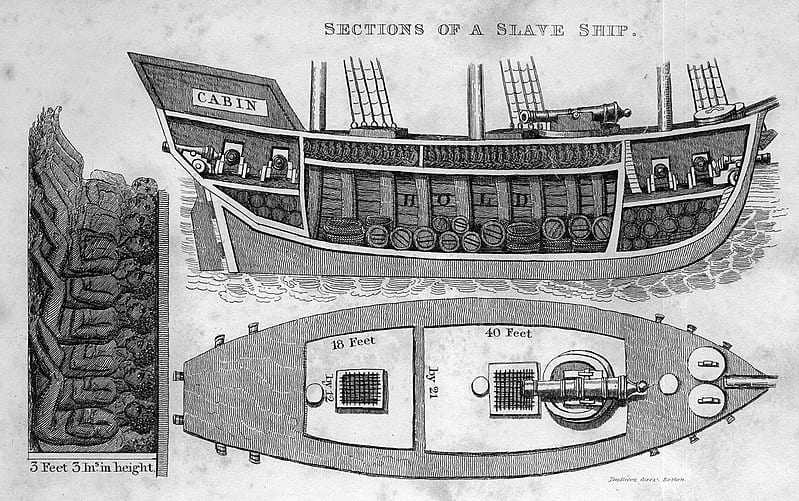






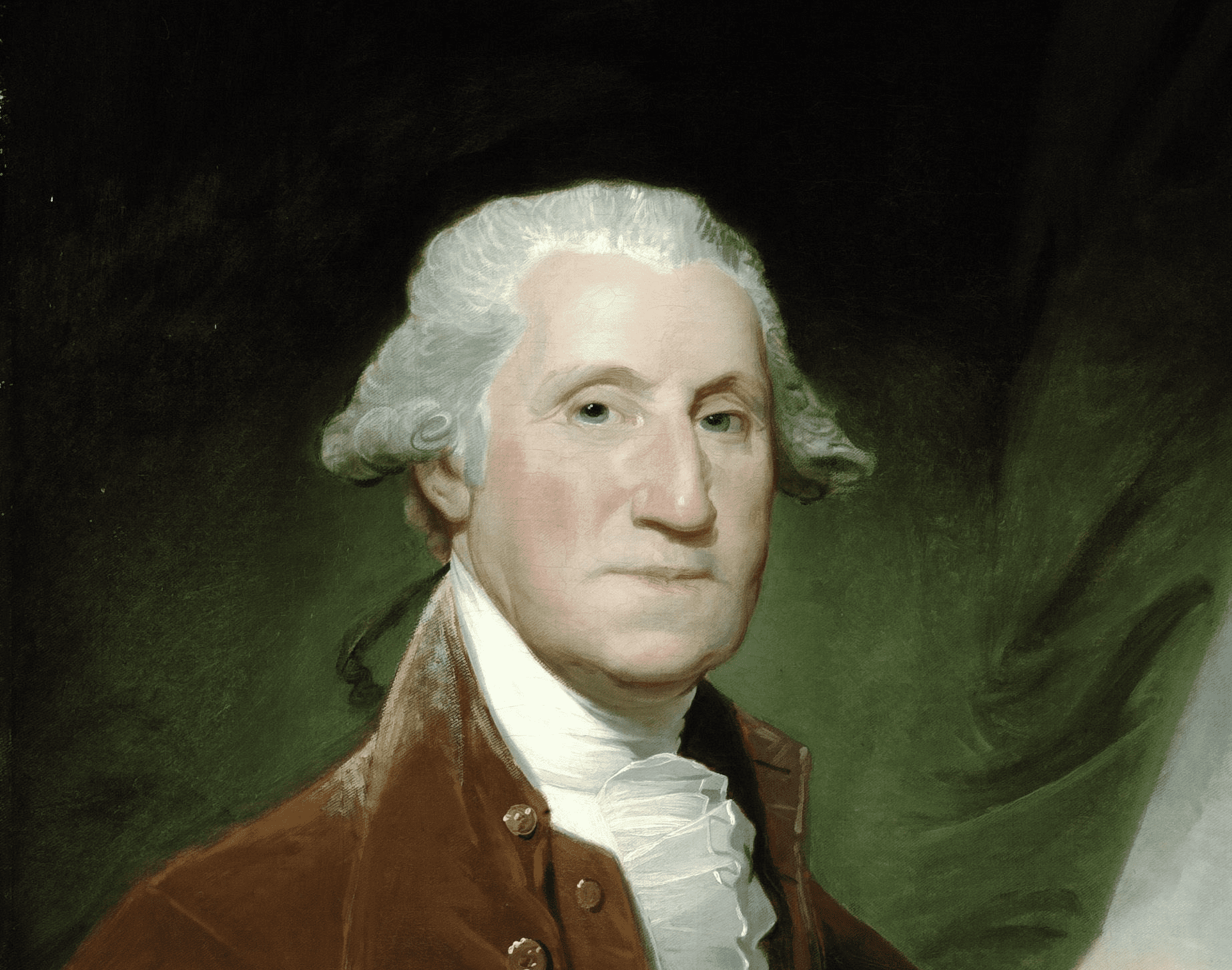
















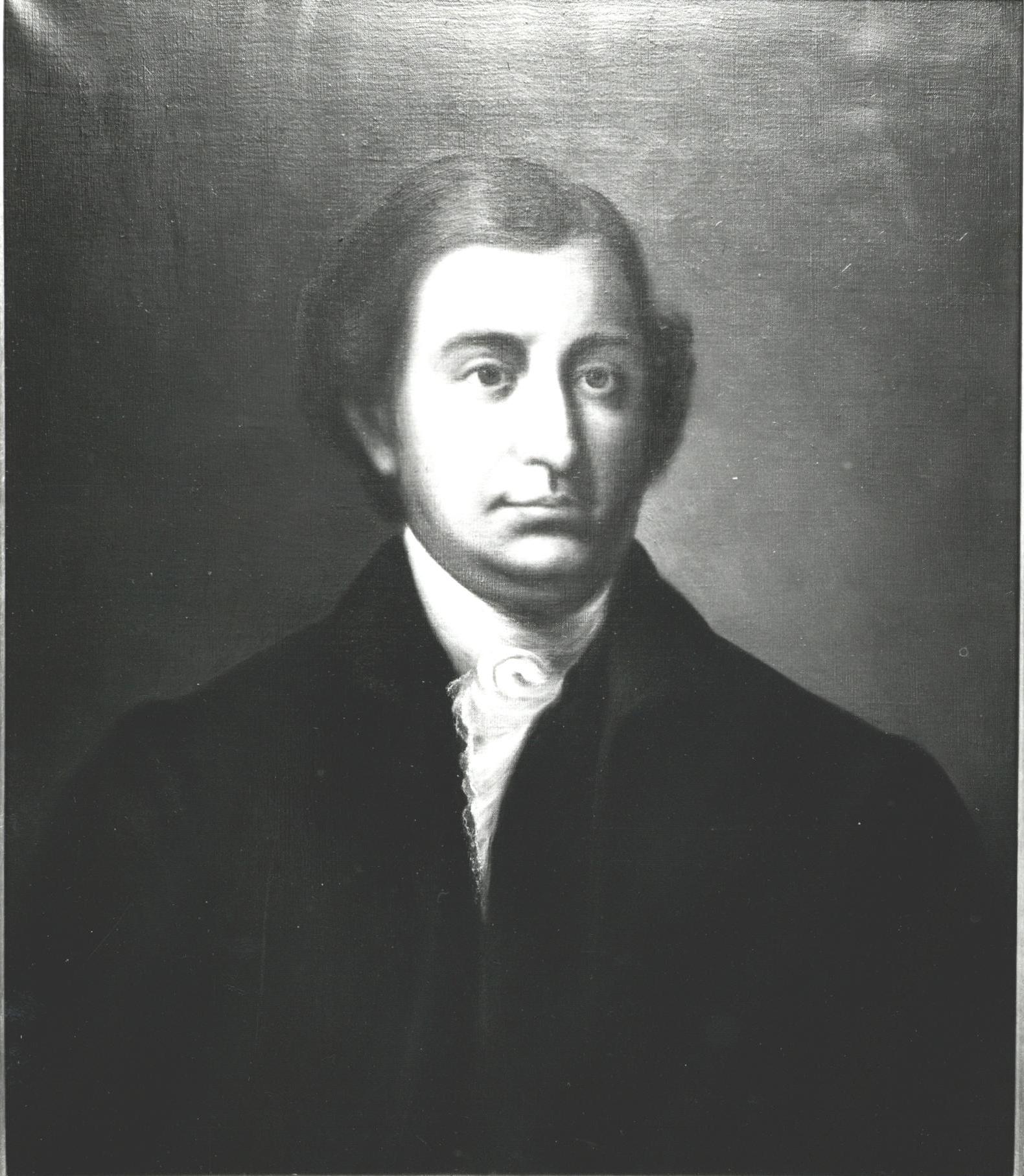
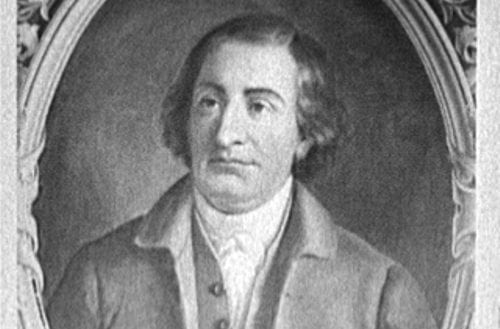
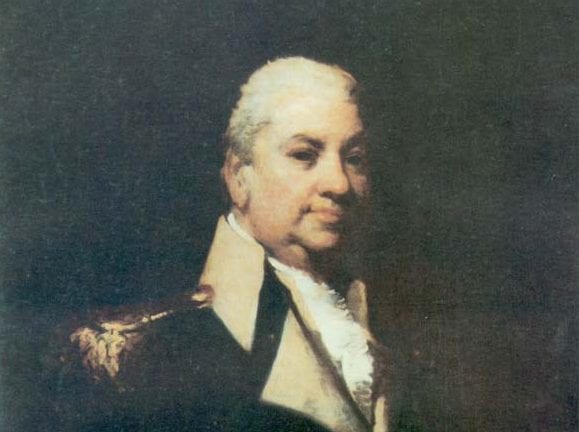


















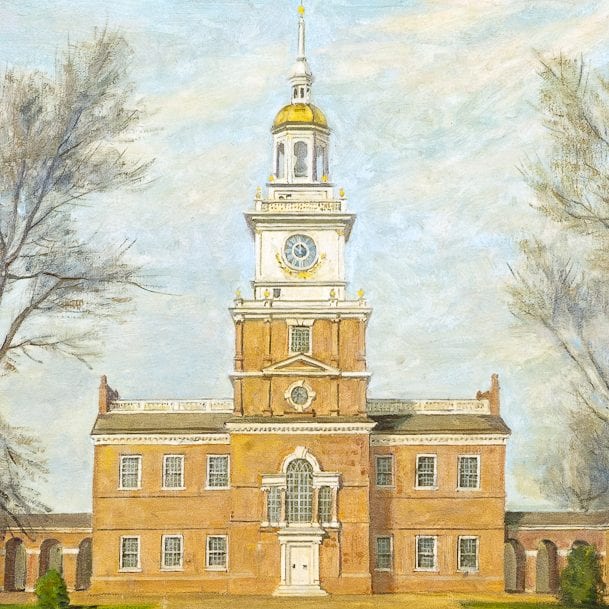

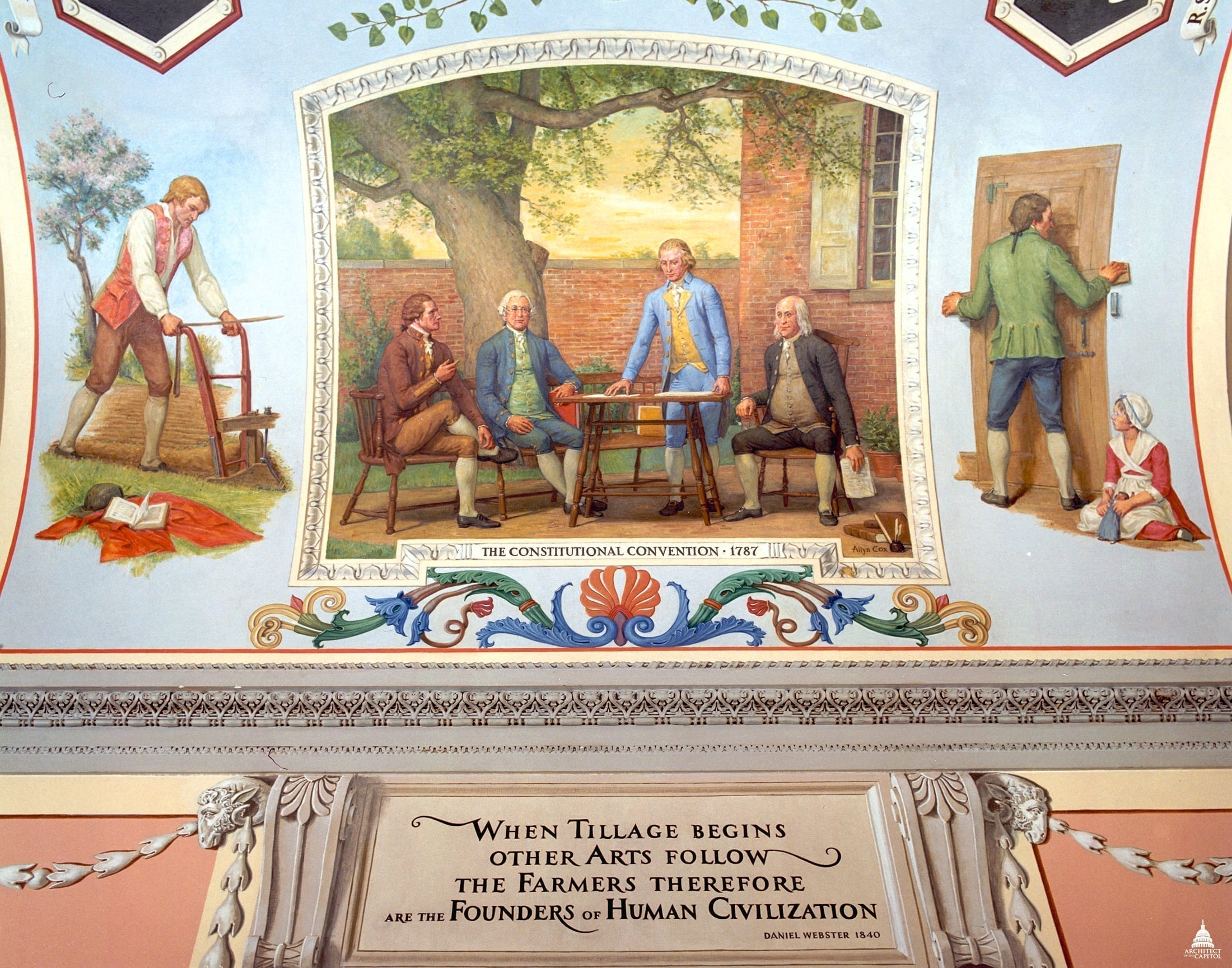

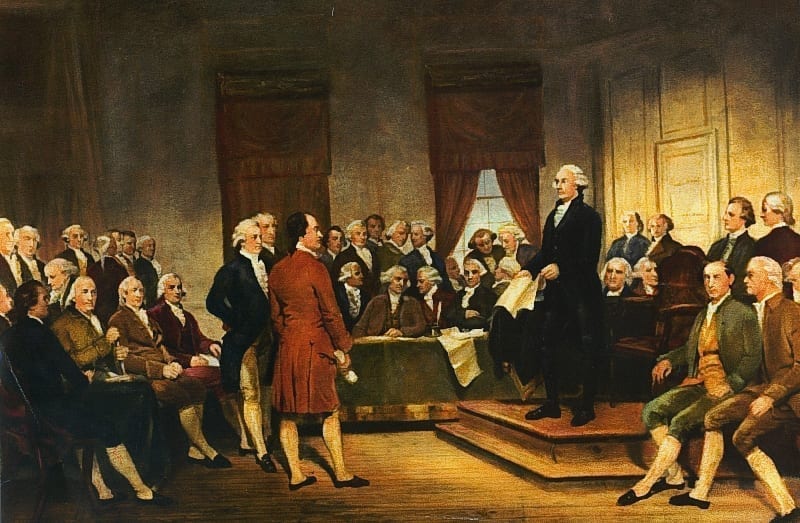


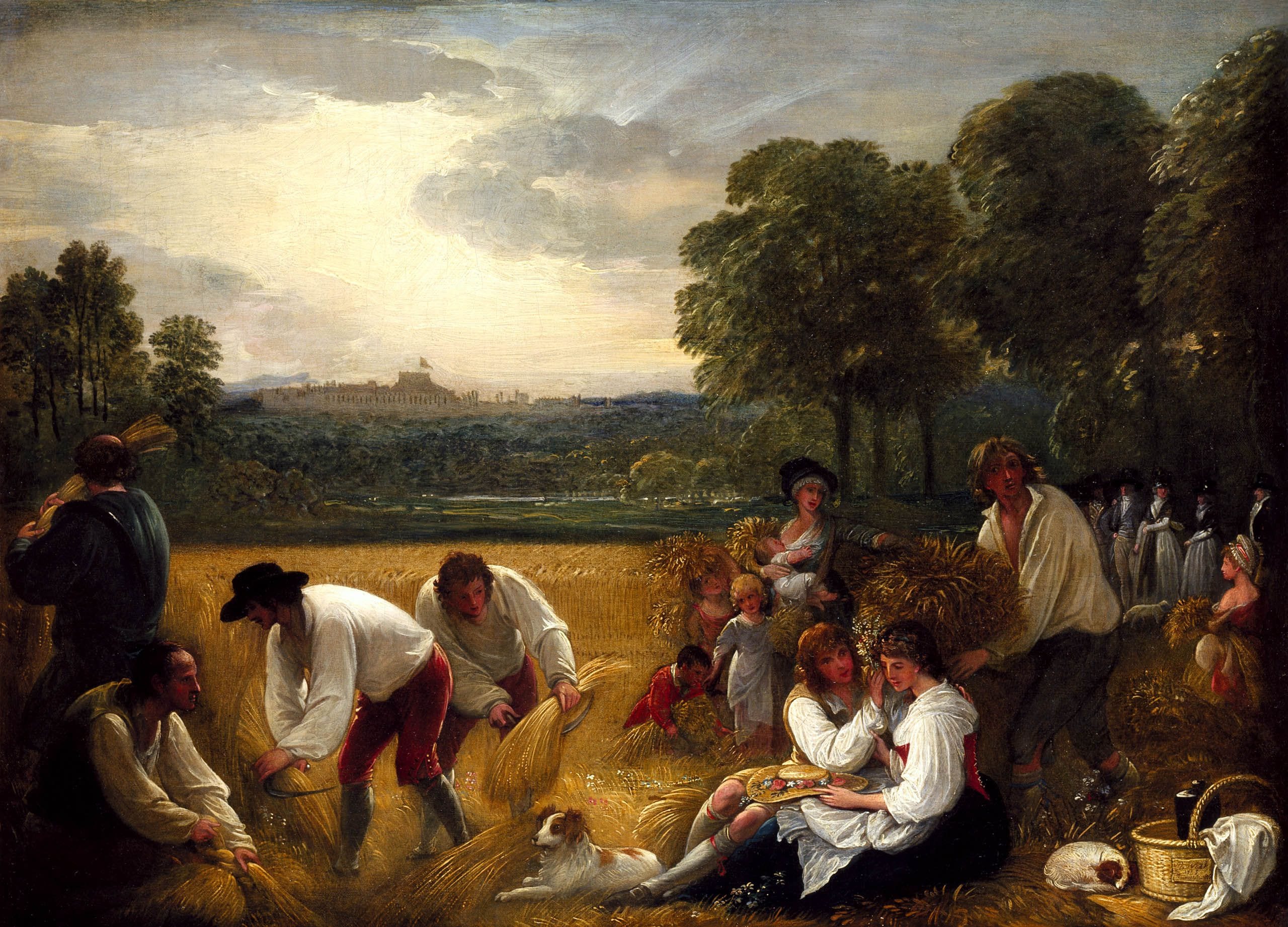
















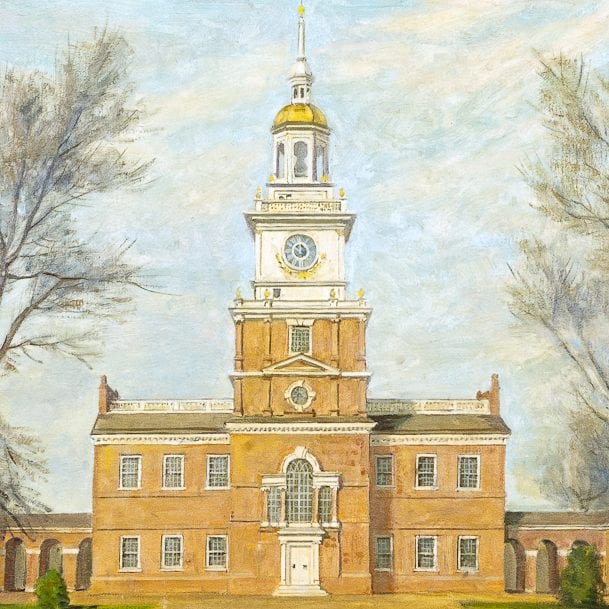
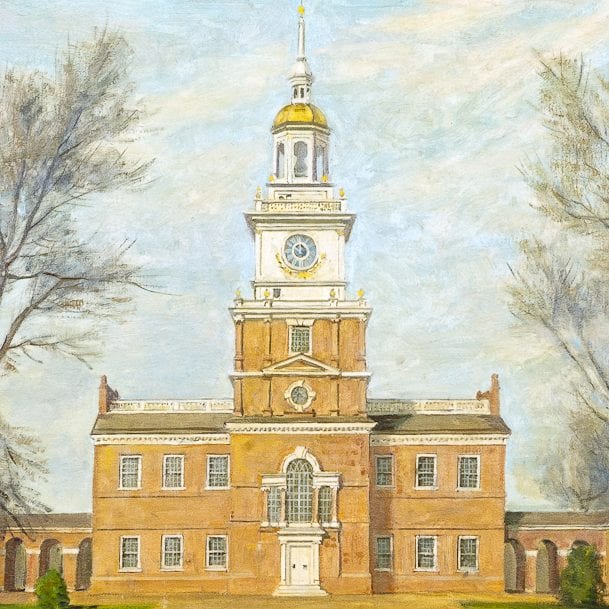






































































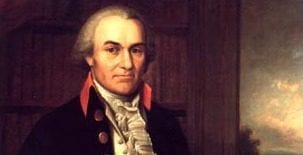



























![Finley, A. (1829) Pennsylvania. Philada. [Map] Retrieved from the Library of Congress, https://www.loc.gov/item/98688548/.](/content/uploads/2024/02/Map-of-PA--273x190.jpg)





















